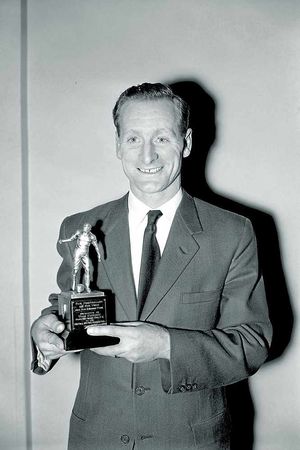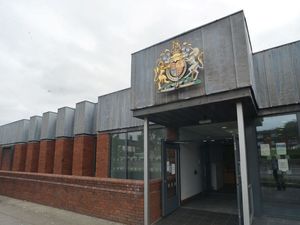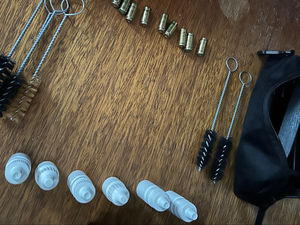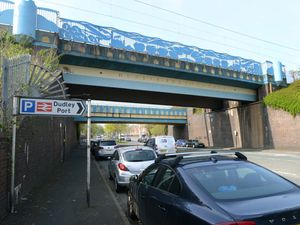Loyalty and class – Sir Tom Finney was one of England's finest players
Some careers may be defined by trophies and honours, but perhaps nothing tells the story of Sir Tom Finney better than the words of his peers.
The man known as the 'Preston Plumber' may never have won the game's biggest prizes, but his name will live alongside those of the greatest England has ever produced.
Finney, who has died at the age of 91, is synonymous with Preston North End, showing a loyalty to his hometown club – something almost entirely absent in the modern game – which may have cost him medals but earned him unending respect in the area.
Born in 1922, Finney's career was delayed by both a world war and a father who insisted his son complete his apprenticeship in the family plumbing business before he made his way in the game.

When his debut did belatedly come at the age of 24 in 1946 – he had played a number of unofficial games in the war – he made an immediate impact with a goal in a 3-2 win over Leeds.
Playing primarily at outside-right, he went on to score 210 goals in 473 games for Preston, as well as netting 30 times in 76 England internationals.
The figures stack up against the very best, and earned him two Football Writers' Association Player of the Season awards.
But it was the way he controlled a game which earned him the respect of his fellow professionals.
Among modern players, he has been compared with Lionel Messi for his attitude and his ability to control play.
Among past players, he has been compared with the best, by the best.
Sir Stanley Matthews said of Finney: "To dictate the pace and course of a game, a player has to be blessed with awesome qualities. Those who have accomplished it on a regular basis can be counted on the fingers of one hand – Pele, Maradona, Best, Di Stefano and Tom Finney."
What makes Finney unique among that quintet is that he reached the heights of the world's best while playing in a relatively ordinary team.
Indeed, so far did he stand above his team-mates that a popular joke at that time was that Finney should claim income tax relief for his 10 dependants.
When Finney was injured for much of the 1948-49 season, the team were relegated without him.
And though they knocked on the door of glory upon their return to the top flight – twice they were runners-up in the league, and they were beaten finalists in the FA Cup in 1954 – the top prizes always eluded them, and Finney.
No wonder that his former Preston team-mate and later legendary Liverpool manager Bill Shankly said of him: "Tom Finney would have been great in any team, in any match and in any age...even if he had been wearing an overcoat."
In all, he scored 187 league goals for the club but in 1961, a year after he retired, they were relegated from the top flight and have not returned since.
Finney maintained his links with Preston, serving as the club's president. The stadium is located on Sir Tom Finney Way, a statue stands outside the ground, while inside, a stand was renamed in his honour in 1995. He was knighted in 1998.
Internationally, he played in the infamous 1-0 defeat by the United States at the 1950 World Cup and went on to represent England at both the 1954 and 1958 tournaments.
Finney, who once turned down the chance of a lucrative move to Italy, may never find favour with among those who subscribe to the 'show us your medals' school of thought, but there is no doubt he epitomised a kind of greatness.
England's record goalscorer Sir Bobby Charlton said: "Sir Tom Finney was one of the greatest footballers there has ever been; he was the type of player that people would travel a long way to see.
"Watching him, you knew full well that the full-backs had had it. He was just too good for them. Occasionally I had the pleasure to play with him and it was the greatest pleasure anyone could ever give me.
"He passed to me on my England debut and I had never been so proud.
"I have so many happy memories of watching him play. His contribution to football is immeasurable.
"He's a great man and has contributed so much to football, especially in the Preston area. They love him there."
In eschewing money and greater glories to show loyalty to his hometown team, Finney was great as much for what he didn't achieve as for what he did.





